The White House has seen a surge in the presence of conspiracy theorists, who are increasingly influencing policy decisions. These individuals, often associated with fringe ideas, are now being taken seriously by lawmakers, sparking concerns about the erosion of trust in institutions.
According to experts, the rise of conspiracy theories can be attributed to a combination of factors, including the COVID-19 pandemic, which led to increased isolation and the spread of misinformation online. "The pandemic created a perfect storm for conspiracy theories to thrive," said Dr. Dorian Lynskey, a researcher at MIT. "People were more isolated, and social media platforms were flooded with misinformation, making it easier for conspiracy theories to spread."
The proliferation of conspiracy theories has also been fueled by the growing influence of generative AI, which has made it easier for individuals to create and disseminate false information. "Generative AI has democratized the creation of misinformation, allowing anyone to produce convincing-looking evidence to support their conspiracy theories," said Dr. Lynskey.
The impact of conspiracy theories on science and technology is significant, as they often lead to the rejection of established facts and the promotion of unproven ideas. "Conspiracy theories can have a chilling effect on scientific research, as scientists may be hesitant to pursue research that challenges prevailing narratives," said Dr. Lynskey.
The MIT Technology Review has launched a new series, "The New Conspiracy Age," to explore the intersection of conspiracy theories and science and technology. The series aims to provide a nuanced understanding of the complex issues surrounding conspiracy theories and to offer insights into how to address them.
As the influence of conspiracy theorists continues to grow, experts are warning about the dangers of unchecked misinformation. "The spread of conspiracy theories can have serious consequences, including the erosion of trust in institutions and the promotion of unproven ideas," said Dr. Lynskey. "It's essential that we take steps to address the root causes of conspiracy theories and promote critical thinking and media literacy."
The White House has not commented on the growing influence of conspiracy theorists, but officials have acknowledged the need to address the spread of misinformation. "We recognize the importance of promoting accurate information and addressing the spread of misinformation," said a spokesperson for the White House. "We will continue to work with experts and stakeholders to develop strategies to address this issue."
The impact of conspiracy theories on science and technology is likely to be a long-term issue, and experts are calling for a sustained effort to address the root causes of conspiracy theories. "This is a complex issue that requires a multifaceted approach," said Dr. Lynskey. "We need to work together to promote critical thinking, media literacy, and accurate information, and to address the underlying factors that contribute to the spread of conspiracy theories."
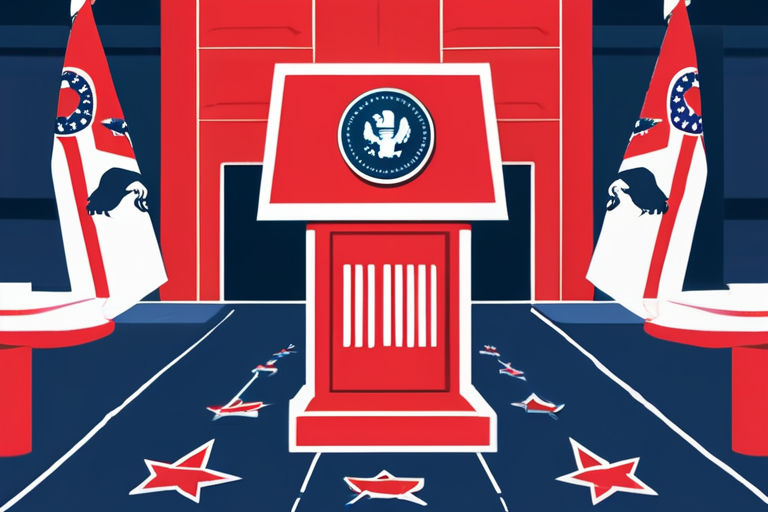


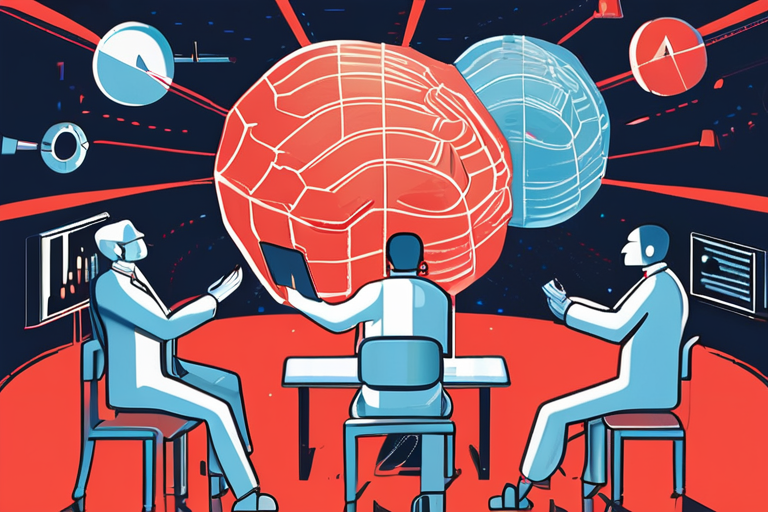
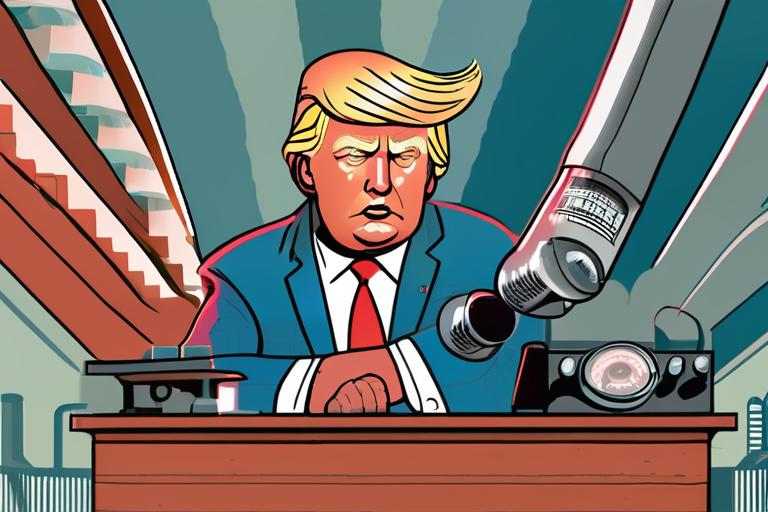
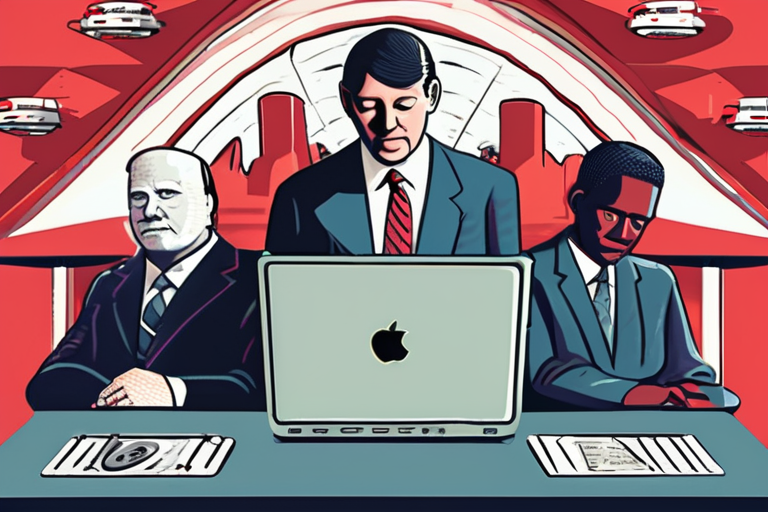
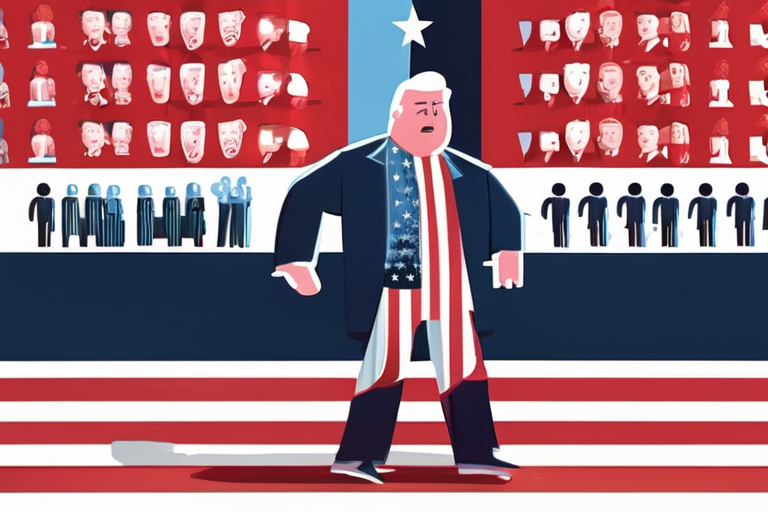
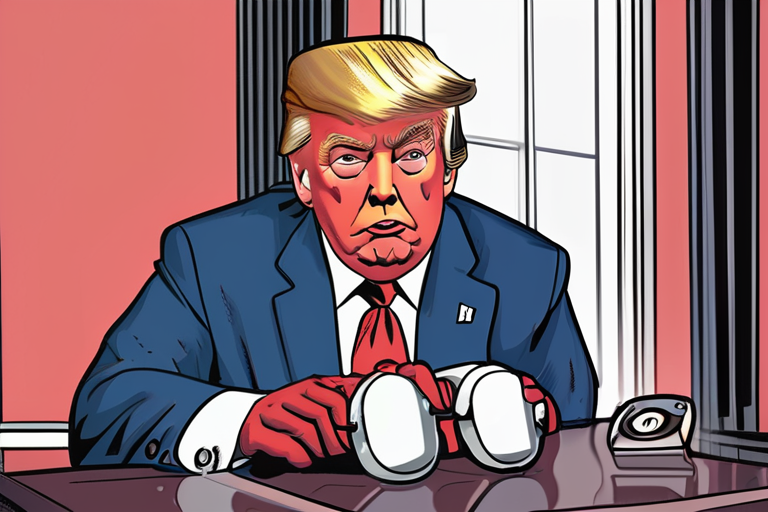

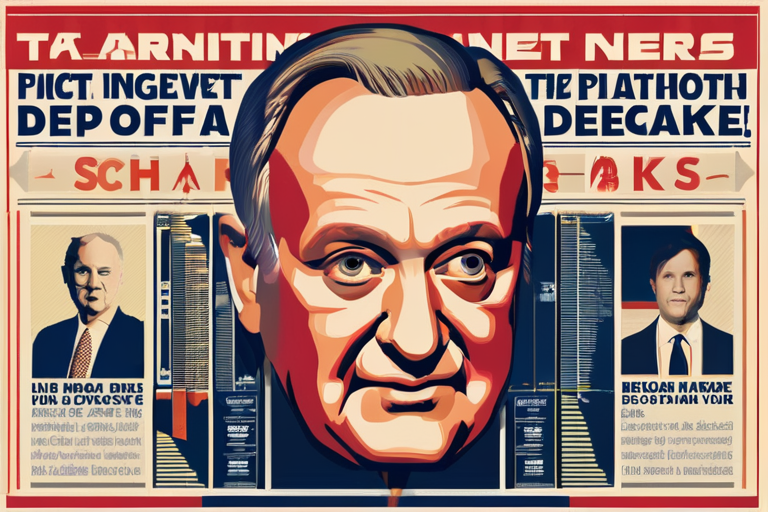
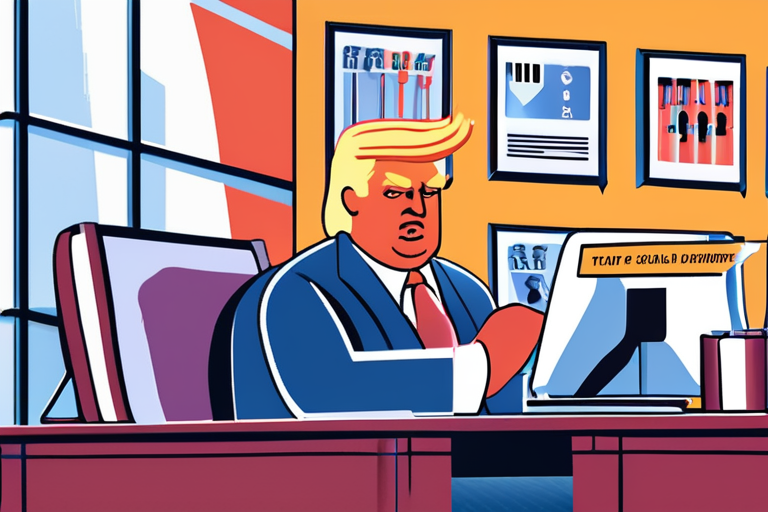
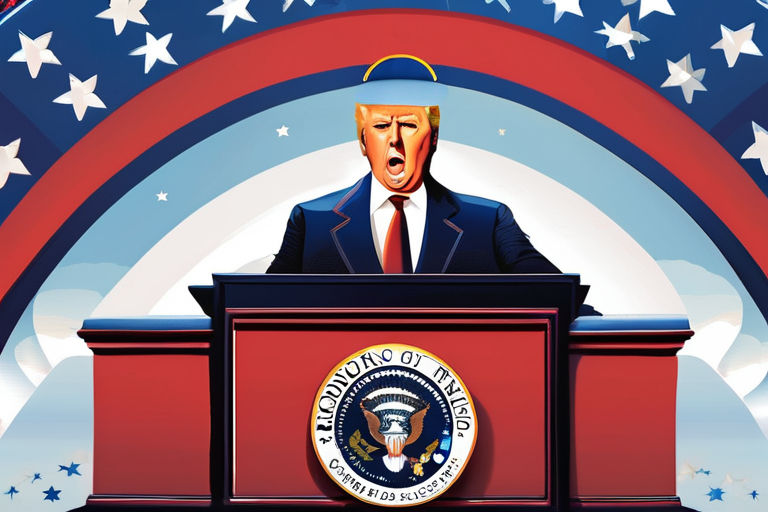

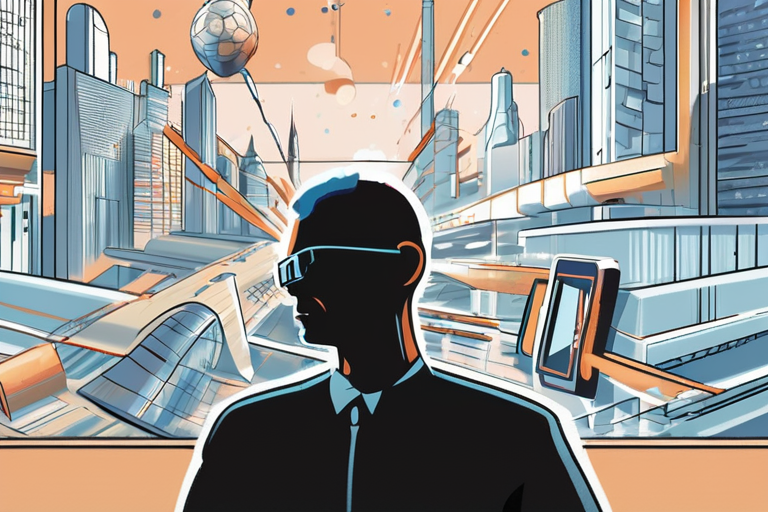
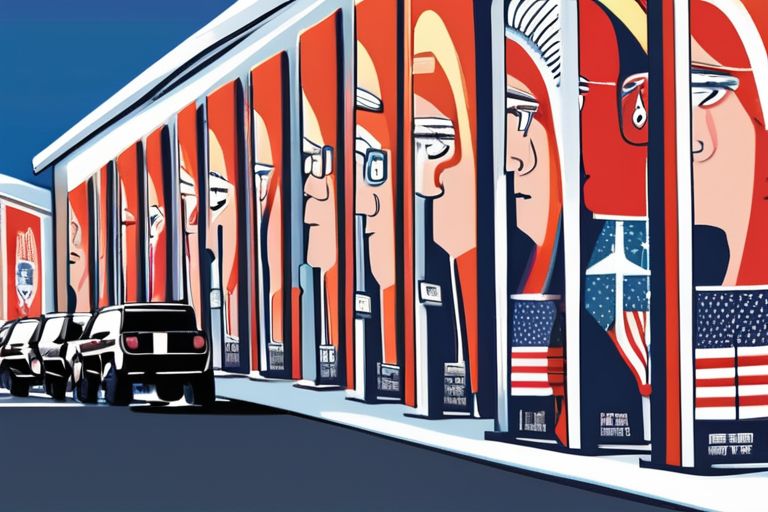
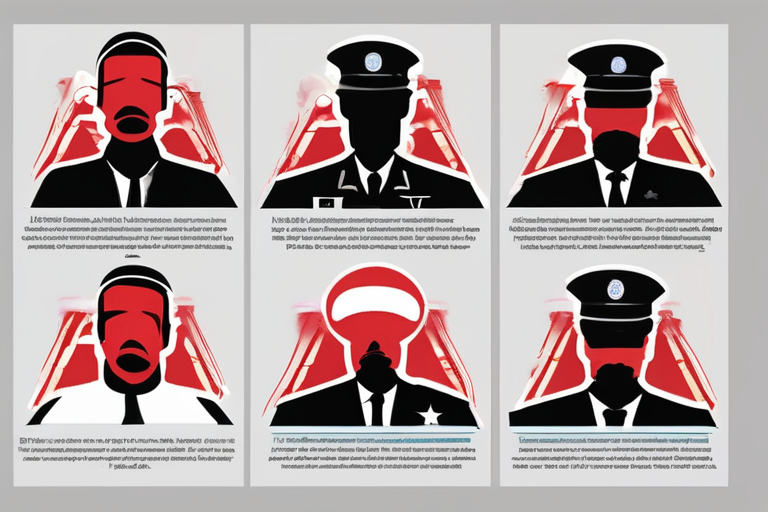
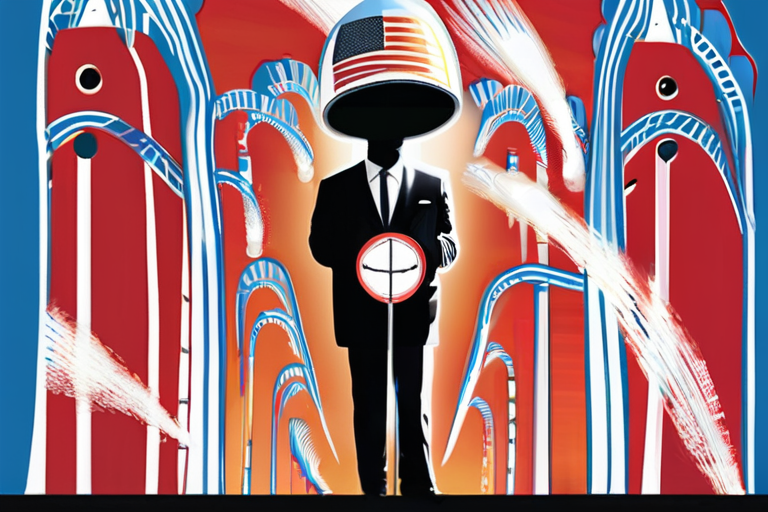


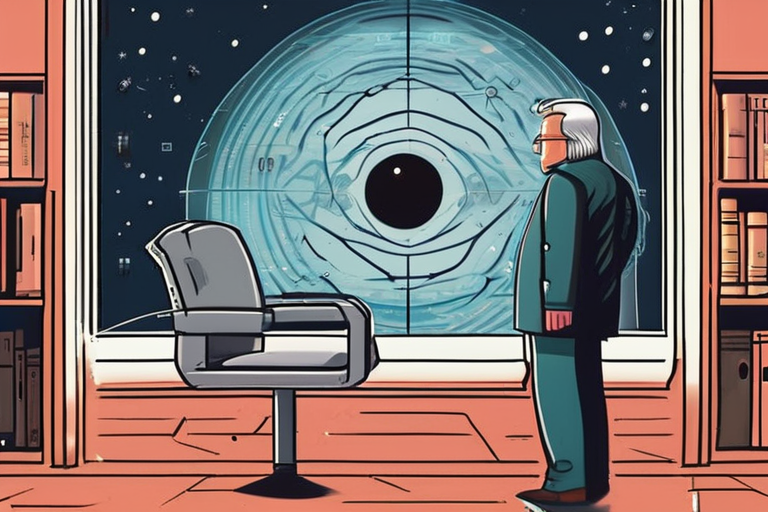
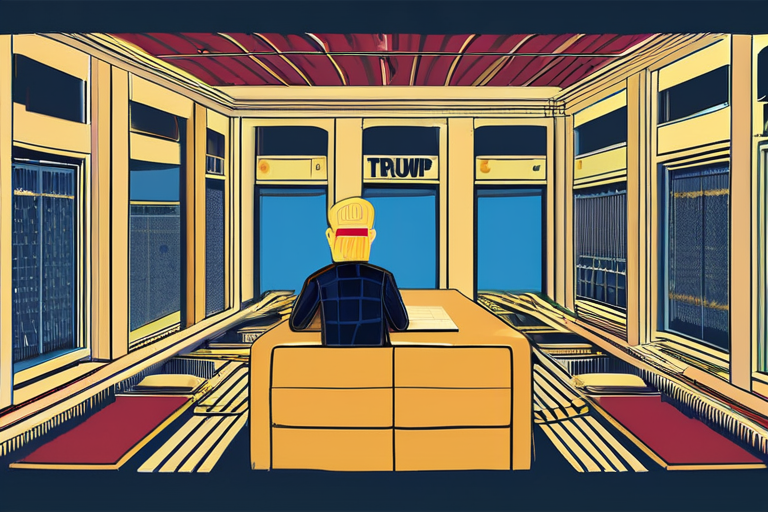
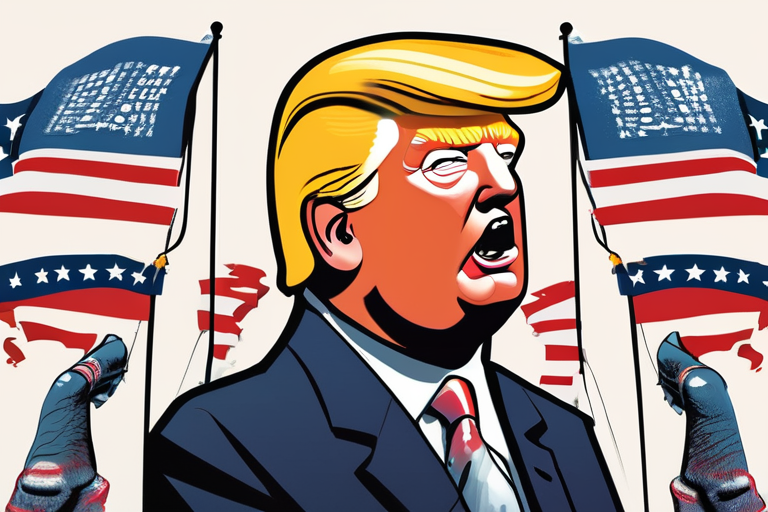

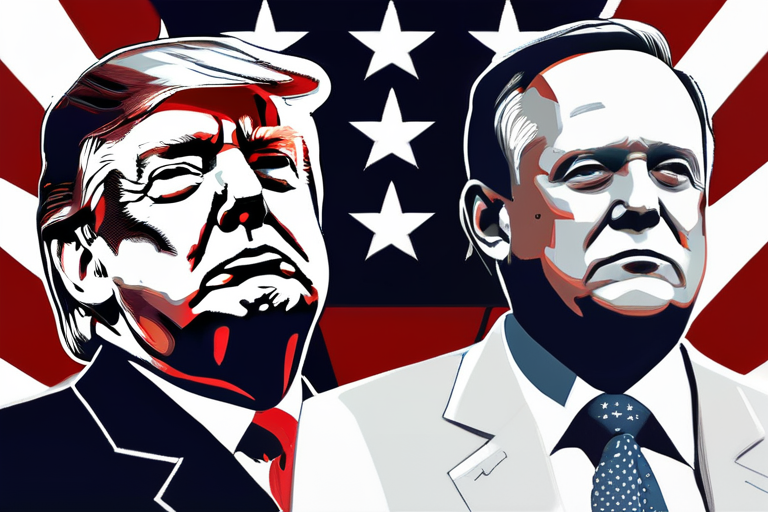
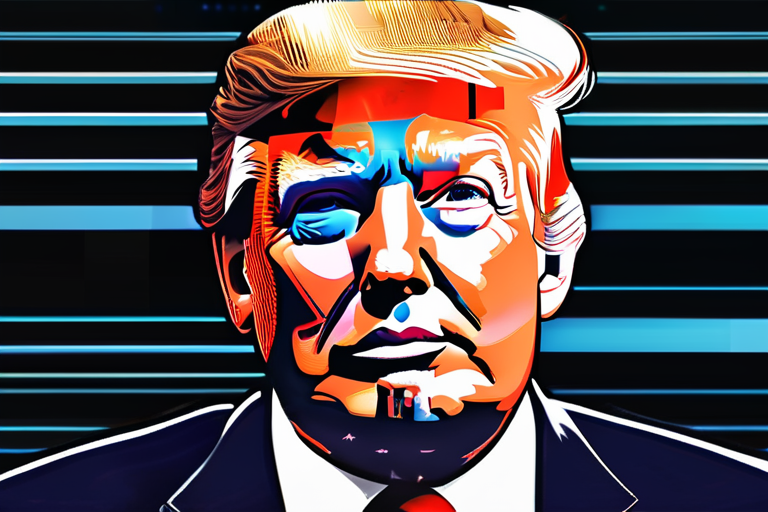
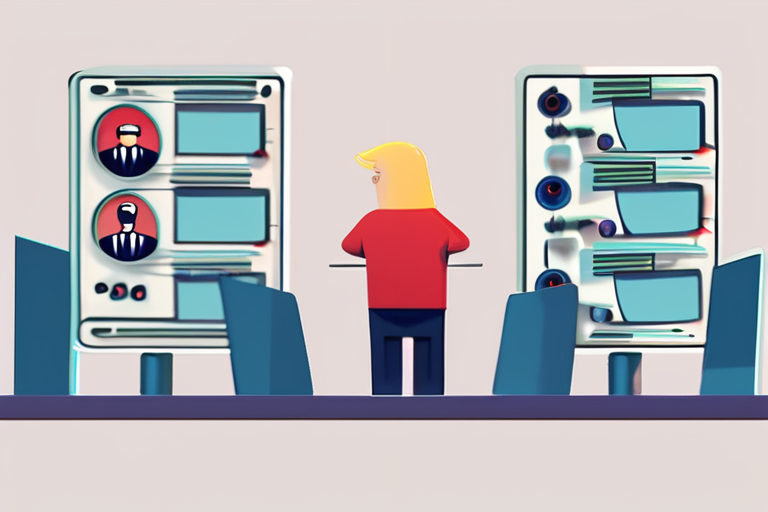
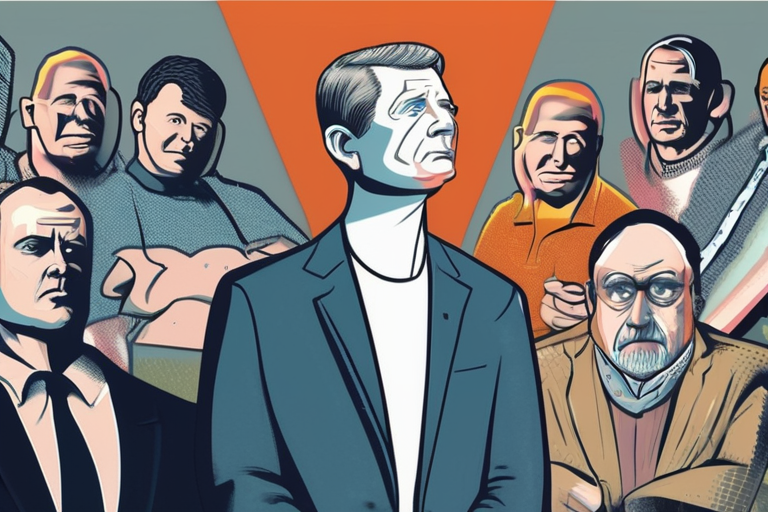
Share & Engage Share
Share this article